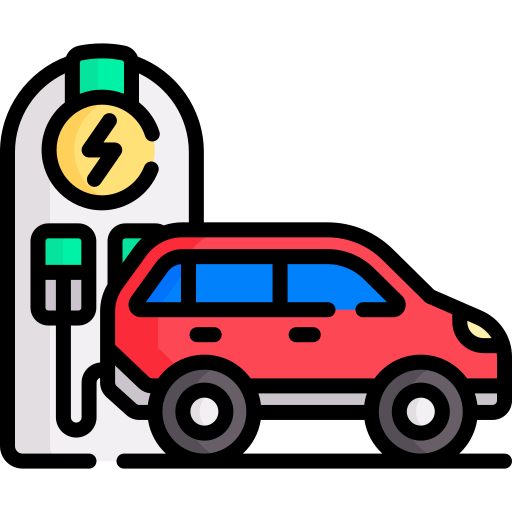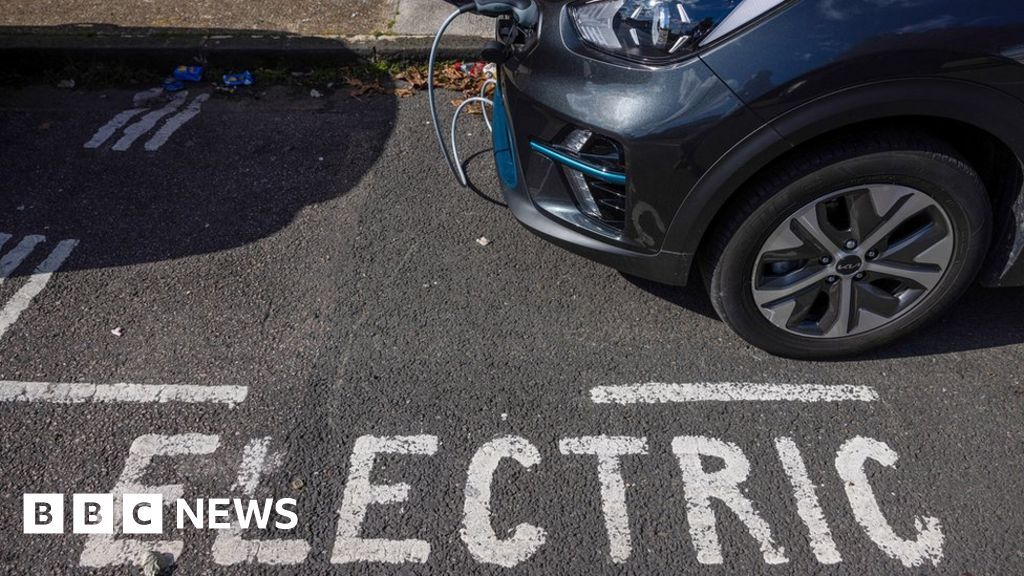“There is an anti-EV story in the papers almost every day. Sometimes there are many stories, almost all of which are based on misconceptions and mistruths, unfortunately.”
People really buy the propaganda around EVs and so many other things that it is a little depressing. You cannot even argue with most as they are so firmly entrenched in their beliefs that have been carefully fed to them.
EVs solve very little problems related to cars. Replacing every car with an EV but doing nothing to address the impacts of car dependancy and car centric urban planning changes very little in the grand sense of economic and environmental sustainability.
EVs solve very little problems related to cars.
Particulate pollution and NOx/CO/CO² emissions for starters.
No, heavier electric cars don’t mean more brake wear and particulates, because regen braking means brakes last longer. A lot longer.
No, you’re not just moving emissions to a power plant, because the UK grid is only 35% powered by fossil fuels (natural gas). Even if it was, not polluting outside someone’s home or a school is a good thing.
No, emissions aren’t worse building new EVs than keeping the old cars because in less than 4 years the EV is in credit Vs just the fuel burnt in a petrol car. They last a lot longer than that.
Replacing every car with an EV but doing nothing to address the impacts of car dependancy and car centric urban planning changes very little in the grand sense of economic and environmental sustainability.
Urban planning is what happens when you avoid car dependency. People need to move to work, and unless your plan is that we regress to a largely agrarian culture, that means public or personal transport. Public transport only works with a high enough density of people to make it worthwhile. i.e. urban centres. Outside of urban centres people need personal transport, so let’s have a cleaner form than most of us currently do.
Right, but it’s still progress.
Personally I don’t think we’ll ever be a point where we significantly reduce car dependence.
Other nations have done it, North America could too, and it would do a whole lot more for the environment than everyone driving EVs.
Which nations have significantly reduced car dependency?
This is the best summary I could come up with:
The Lords Climate Change Committee urged the government to build consumer confidence and push back against what it called mistruths on range and cost.
Baroness Parminter, chair of the committee, told the BBC that both government officials and other witnesses to the enquiry had reported reading disinformation on the subject in national newspapers.
The Lords heard how local authorities had to wait eight months to have their applications processed for the On-street Residential Chargepoint Scheme (ORCS).
A Department for Transport spokesperson told the BBC that this week: “The first councils are starting to receive part of the £381m local electric vehicle infrastructure fund alongside new grants to install charge points in state schools and nurseries.”
The Lords did recognise the challenges that the government faced with falling tax revenues as the number of EVs grow and said road taxation will need to be “fundamentally redesigned”.
Paris residents just voted to introduce higher parking charges for large SUV petrol and diesel vehicles as part of efforts to recuperate public costs from more polluting modes of transport.
The original article contains 706 words, the summary contains 175 words. Saved 75%. I’m a bot and I’m open source!



